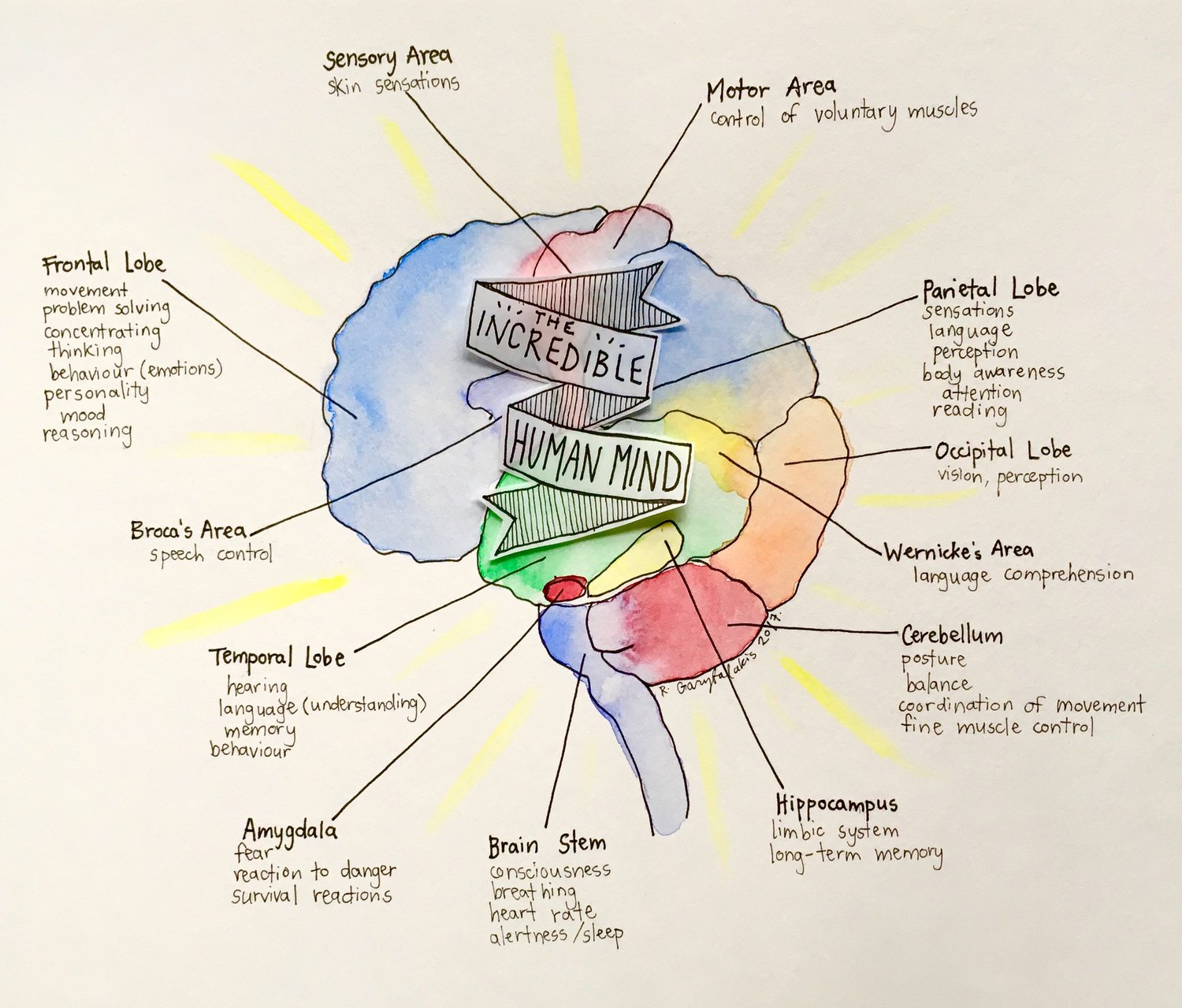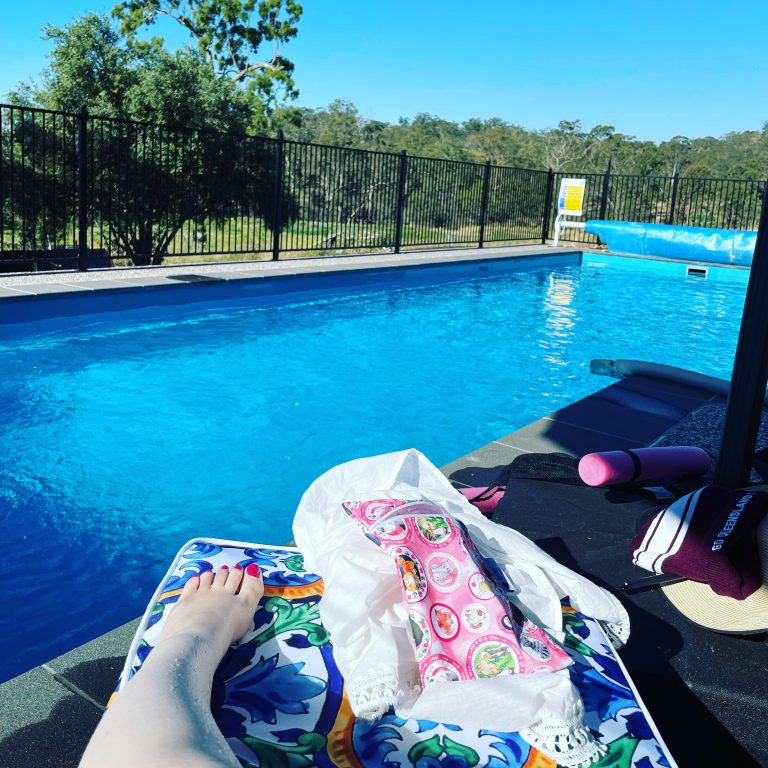Trauma Informed Practice: What is it and how do we do it
"Trauma informed" is a bit of a buzz word at present with every other business and service claiming they are trauma informed. For some, they attended a one hour webinar on trauma and now believe they are trauma informed. For others, like us, this involved training, self-reflection, study and personal development to arrive at what we believe is the very best practice for those who have experienced trauma.
So what do we think it means?
We believe that being trauma informed isn't just understanding how trauma impacts our clients. It involves understanding trauma at all levels; from their individual lives, to the systems and environments in which they live. But also in having a passion to alleviate the impacts of that trauma in a way that does not contribute to it. This means that everything from the environment within which we work, to the ways we engage with clients, must be such that they are able to feel safe and are not re-traumatised.
So what goes into the philosophy of trauma informed for us?
For us, being trauma informed means that:
- We have undertaken education and training on what trauma is, what causes it, how it impacts people, and how to care for those who have experienced trauma.
- We appreciate that trauma can arise from almost any situation depending upon how a person experiences that situation. No trauma is judged as unworthy. No person is judged because of the impact they experience.
- We understand that trauma doesn't just impact the brain. It can impact the whole body and result in physical symptoms as well.
- We have taken time to consider the trauma of systems in our society. We recognise the trauma that can arise due to racism, misogyny, fat phobia, agism, sexism, heteronormativity, trans phobia and ableism. We have taken time to consider our own personal privilege and how that impacts us, our clients and our responsibilities to those who do not hold the same privileges.
So what does this look like for clients?
For us, being trauma informed means that:
- We ensure that we take extra effort to be transparent, consistent and reliable. We avoid asking to reschedule clients except for emergencies. We give clients as much notice as possible of scheduling issues and offer a new appointment as soon as possible, where this is unavoidable. We make every effort to be on time for all appointments.
- We do not require clients to disclose their trauma in any detail to be able to receive services. Simply the nature of the trauma, the frequency, and their age at the time is usually sufficient.
- Clients are encouraged to progress at their own pace. There is no minimum or maximum number of sessions. There is no pressure to talk about anything that are not yet ready to tackle.
- We consider the full context of each client in their experience of trauma, including the societal systems and cultures they are living within. We ask about these and discuss them within counselling.
- We do a check in and check out in each session. We check in on how the client was after the previous session to ensure that they were safe and not distressed. We check out at the end of each session to ensure they are feeling safe for the session to finish. If necessary we engage with them to assist them to regulate and return to baseline.
- The client's point of contact is the counsellor, not a third party.
- The counsellor offers a free 15-minute discovery call to allow the client an opportunity to speak to the counsellor before deciding whether to commit to receiving the service from them.
- As we do not provide Medicare rebates, the sessions are more confidential than some other providers.
- We provide clients options of Zoom, phone or in-person services to assist them in a way that is most comfortable and convenient to them.
- We provide a counselling space where the client always has clear views of the door and clear access to it. The client may leave at any time.
- The counselling space has natural light, but complete privacy.
- The waiting area is spacious, with natural light and greenery which is calming and provides fresh air.
- The building is wheelchair accessible, has disabled parking, and wheelchair accessible bathrooms.
- We provide the use of weighted blankets, fidget items or other grounding tools for clients that find this helpful during their in-person session.
- The counsellor has regular supervision and engages in regular self-care activities to ensure they are mentally well and operating at their peak. If they are unwell or distressed, they will reschedule the appointment.
- The counsellor engages in regular continuing professional education to ensure their knowledge and skills are regularly tested and enhanced.
- Feedback of all types is gratefully received.
- Birth trauma and perinatal counselling clients are welcome to bring any children under 12 months of age with them to their in-person appointments.
So for us being trauma informed isn't just understanding what trauma is. It is about making sure that every part of how our clients experience our service is directed towards minimising their distress, acknowledging their experiences, and helping to to alleviate the impacts of that trauma.
If you have any questions about this or the work we do, please get in contact.
- New Parents and Mental Health - 10 October 2022
- Trauma Informed Practice: What is it and how do we do it - 28 July 2022
- Interoception – How trauma impacts our sixth sense - 15 July 2022





